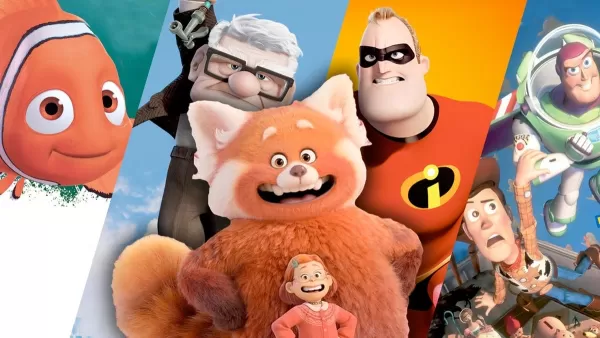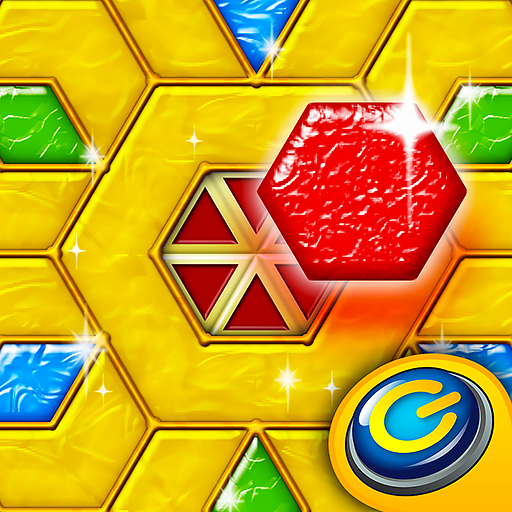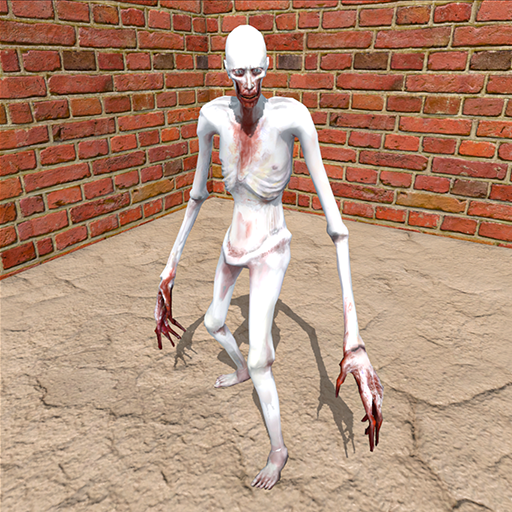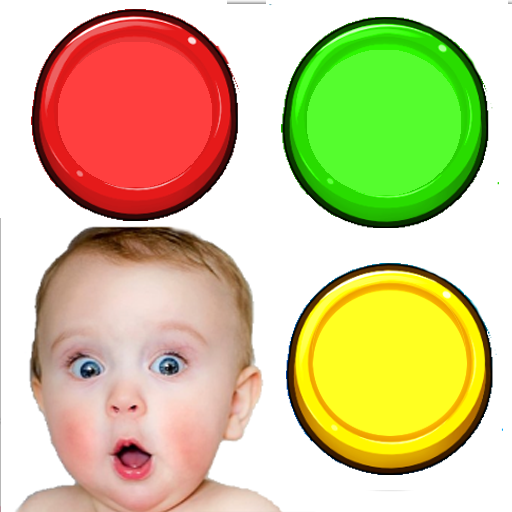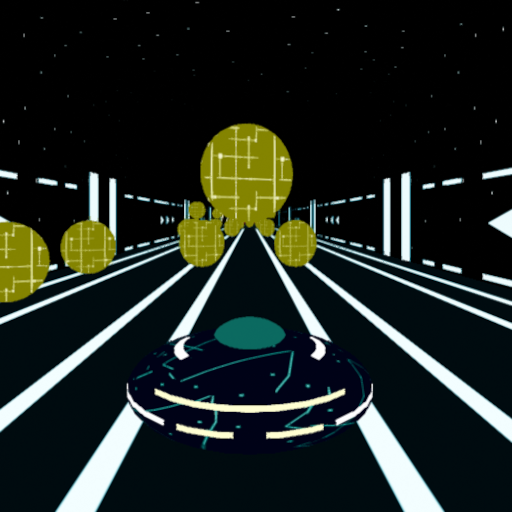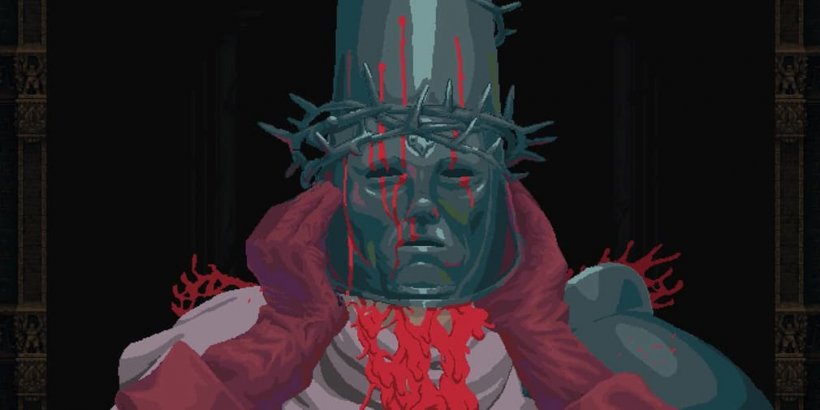Japan Arrests First Alleged Nintendo Switch Modder, Marking New Era in Video Game Piracy
In a groundbreaking move against video game piracy, Japanese law enforcement has arrested a 58-year-old man for the first time on charges related to modifying Nintendo Switch hardware. This arrest, reported by NTV News and translated by Automaton, occurred on January 15 and marks a significant step in the ongoing battle against video game piracy.
The individual is accused of breaching the Trademark Act by altering second-hand Nintendo Switch consoles to play pirated games. The modification involved welding specialized parts onto the consoles' circuit boards, enabling them to run 27 illegally obtained games. These modified consoles were then sold at a price of ¥28,000 (approximately $180) each. The suspect has confessed to the charges and is under further investigation for potential additional violations.
Nintendo, a company long embroiled in the fight against piracy, has intensified its efforts in recent years. In May 2024, the company issued a takedown request for 8,500 copies of the Switch emulator Yuzu, following the emulator's removal two months earlier. This action was spurred by the piracy of "The Legend of Zelda: Tears of the Kingdom," which saw over one million illegal downloads before its official release in 2023.
Nintendo's legal battles extend beyond emulators. The company successfully sued RomUniverse, a game file-sharing website, in 2021, resulting in a $2.1 million damage award. A similar lawsuit in 2018 led to a $12 million award, and efforts also blocked the GameCube and Wii emulator Dolphin from being released on the PC gaming platform Steam.
This week, Koji Nishiura, Assistant Manager of Nintendo's Intellectual Property Division, provided insight into the company's stance on emulation and piracy. He explained, "To begin with, are emulators illegal or not? This is a point often debated. While you can’t immediately claim that an emulator is illegal in itself, it can become illegal depending on how it’s used." This statement underscores Nintendo's nuanced approach to tackling the complex issue of piracy and emulation in the video game industry.
-
Pixar’s Elio, a new coming-of-age adventure story from the studio that excels at such tales, arrives in theaters on June 20. With this acclaimed animation studio’s latest release comes a perfect opportunity to reflect on the company’s 30 (!) years ofAuthor : Anthony Feb 16,2026
-
Fate War is now officially live worldwide. Published by IGG, this strategy game centers on surviving harsh cold climates and managing your tribe. Through the Tribe Bounty system, players participate in fair auction-style bidding.More Than Just EnduriAuthor : Aurora Feb 11,2026
- STALKER 2: Heart of Chornobyl - All Endings (& How to Get Them)
- Metaphor: ReFantazio - Complete Bond Guide
- Steampunk RPG Eldgear Unveiled by KEMCO
- NYT Hints and Answers: Guide to January 10, 2025
- Discover the Artifacts in Stalker 2: Locations and Acquisition
- Mushroom Go! Unleashes Co-op Dungeon Adventure for Fungi Fans

